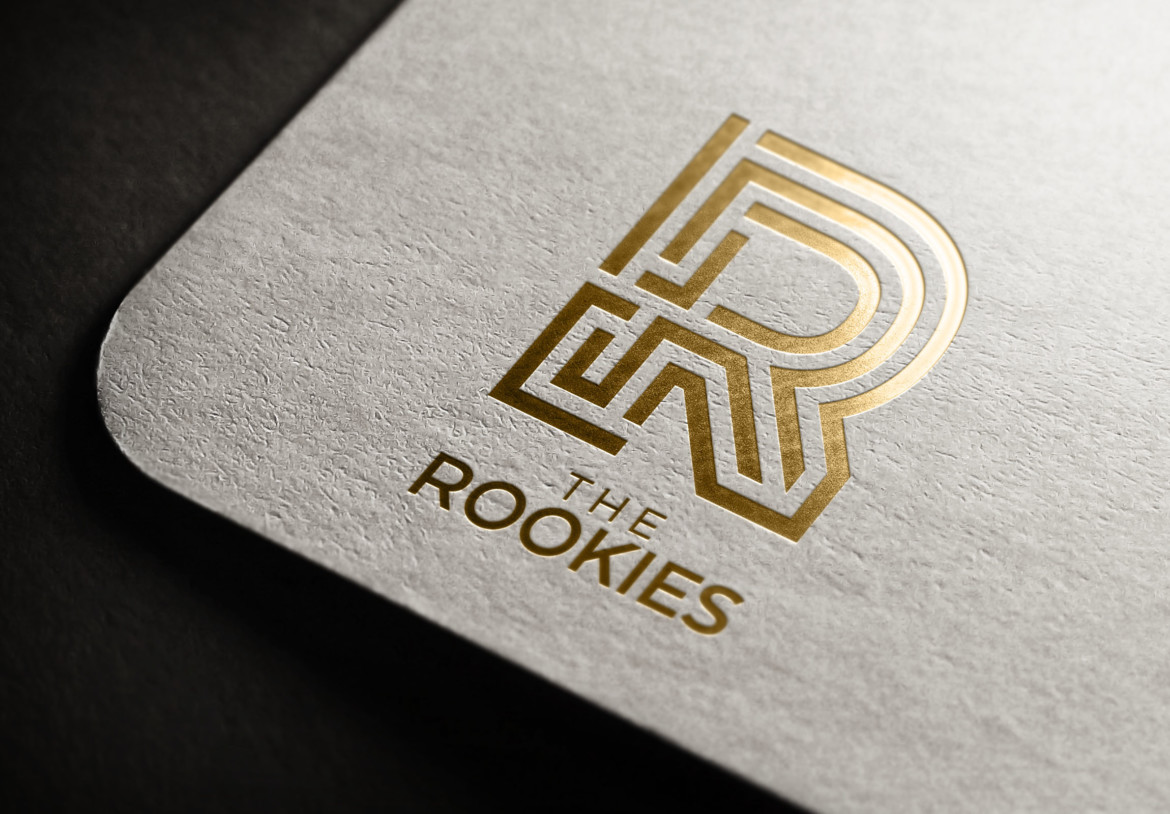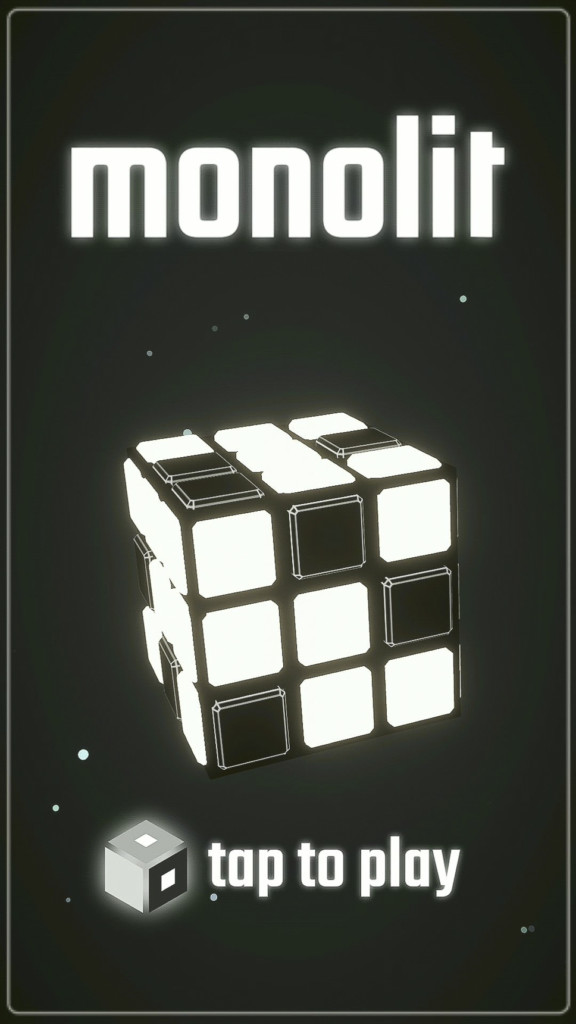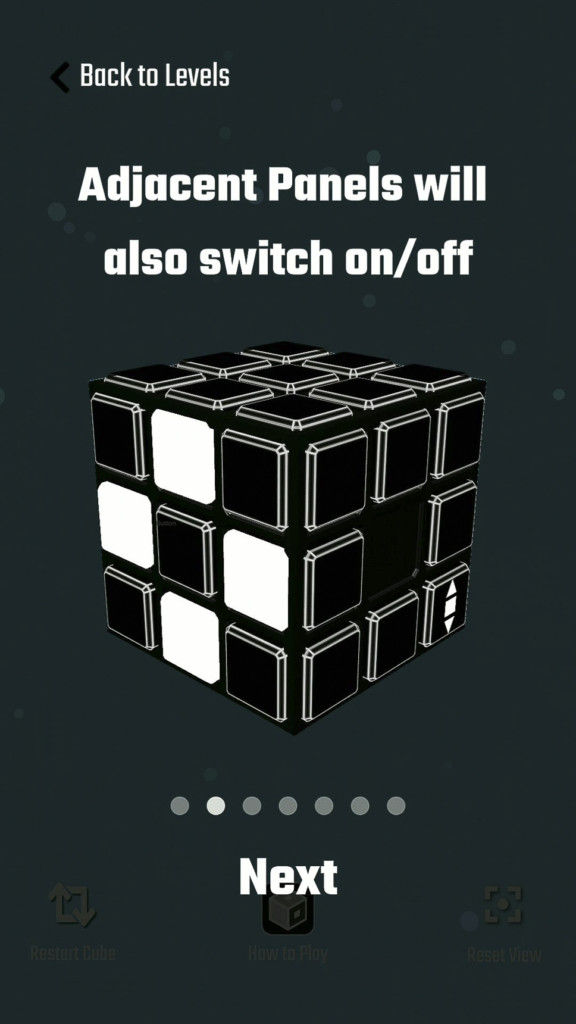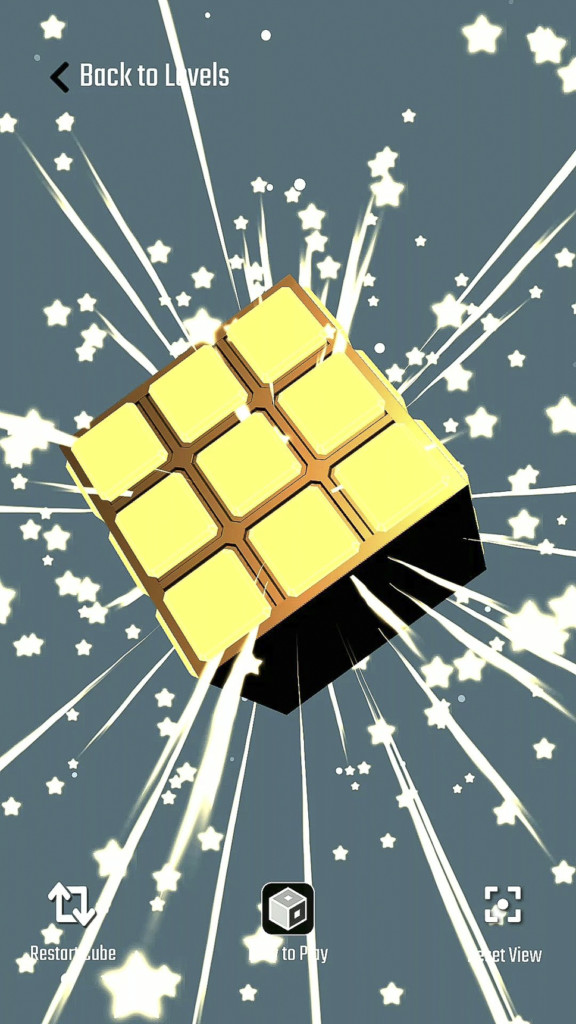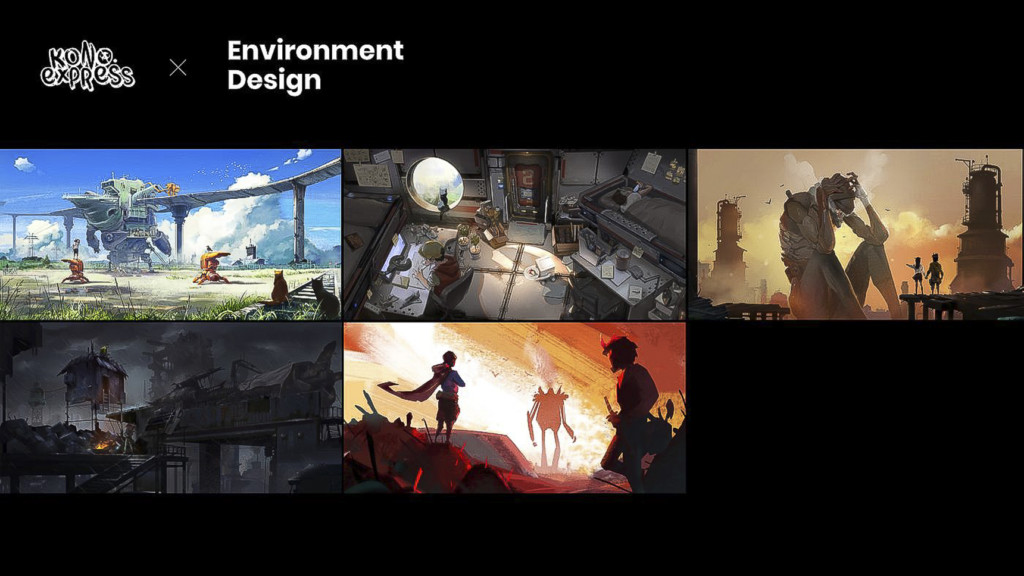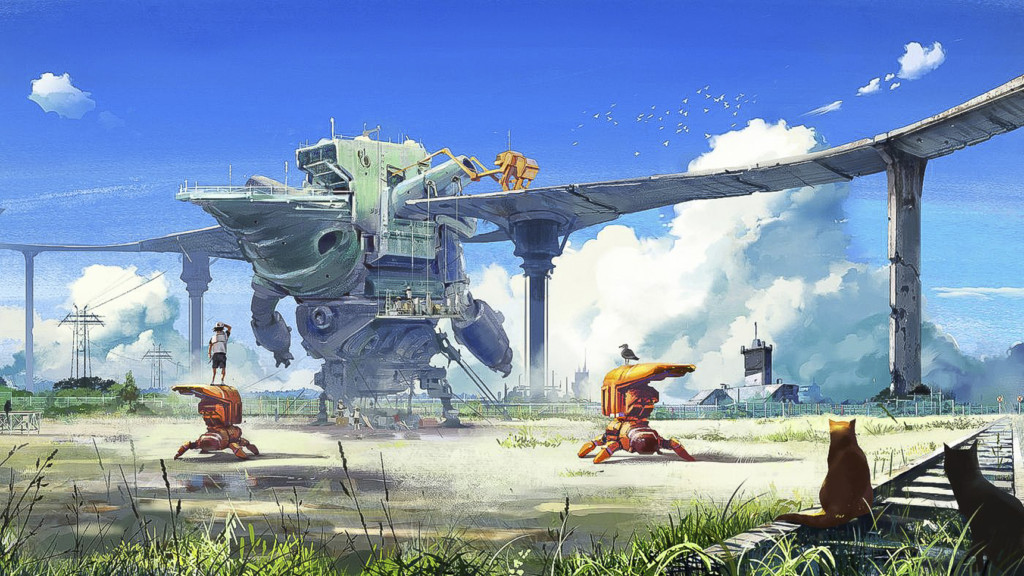By Greta Chiocchetti
On June 30, four Academy of Art University students were named as winners in the 10th annual Rookie Awards, an international art competition judged by industry professionals. Candidates submitted work to over 26 categories, including product design, animation, and game development. With over 3,700 entries from 88 countries across the globe to compete with, to stand out among the crowd is an impressive feat.
“The Rookies allows our students’ work to be seen and critiqued by industry,” said School of Game Development (GAM) Director David Goodwine. “The Rookies also enable our students to see what their peers are creating from other schools, and it’s good for our students to meet a deadline on something other than homework.”
The Rookies was founded 10 years ago by visual effects artists Andrew McDonald and Alwyn Hunt as an online community for non-professional digital artists. It offers rising artists a sleek platform to house their work—as well as a healthy dose of competition with peers from around the world. The Rookies hosts contests regularly throughout the year, however, the annual awards are the most prestigious—and are closely watched by some of the biggest studios in the world.
Here are this year’s winners from the Academy:
Game of the Year – Mobile – Runner Up: “Monolit”
“Entering open contests like the Rookies means there will be a lot of competition, so getting recognized for the hard work everyone put into the project is a great honor,” said Michael Schwedler, an M.F.A. GAM student who, along with fellow M.F.A. GAM students Aimi Watanabe and Beiqi Liu, created the Android app game “Monolit,” a lights-out puzzle that earned the team second place in the Game of the Year—Mobile category.
“Monolit,” which was inspired by a puzzle mobile game that Watanabe used to play with her mother called Kami, was a class project that spanned the last spring semester—coming with some unique challenges of its own.
“We had students test our game, and then, suddenly, we were sitting in our individual homes [due to the shelter-in-place order],” said Watanabe, who graduated this past semester and is working as a game designer at Intrepid Studios. “So after that one test, it was really just [the three of] us who were able to play the game and squash any bugs that came up.”
Throughout the ideation phase, the GAM students considered how they wanted players to feel during gameplay; initially, they used much brighter, dynamic colors, but they realized they had to tone it down to avoid overwhelming users—as well as their device’s battery.
“We continued to experiment with other ways of visually portraying our game until we ultimately decided on the colors and calming music of the current version,” said Schwedler. “‘Monolit’ was meant to be a fun way to pass the time with some interesting puzzles, so we leaned into that as we moved forward with it.”
Liu, who was in charge of the game’s visual effects, had to adjust to a new, and smaller, canvas.
“Visuals on a small screen or a big monitor are quite different. I had to pay extra attention to that,” said Liu.
Concept Art – Highly Commended: “KONO Express”
Ben Meng, who graduated with an M.F.A. in visual development in Spring 2020 and is currently working as a concept artist at Lucasfilm, earned a “Highly Commended” award in the Concept Art category for his Academy master’s thesis project, “KONO Express,” a futuristic yet apocalyptic sci-fi world Meng created.
“I was heavily influenced by Japanese anime,” Meng said of the concept art style. “Obviously everyone loves Miyazaki, and he’s one [big influence]. Sometimes I think the story is too sweet though—I like chaos.”
Looking at the “KONO Express” concept art confirms Meng’s affinity for a darker theme; after a nuclear war almost causes the extinction of humankind, Earth’s remaining inhabitants build machines and raise mutant creatures to protect themselves. Meng’s detailed mechanical design and depiction of a dystopian Earth is just the right amount of ominous. Though it may seem as if “KONO Express” is a nod to the chaotic times of today, Meng said the idea came long before COVID-19 changed the world as we knew it.
Apart from the honor of being recognized as a finalist, Meng says the Rookies is a great platform to network and connect with other artists around the world.
“When you see the front page—the work that took first place—you can click on their profile and see their entire history, which is amazing. It’s from everywhere: Europe, Malaysia, Singapore, France. It’s a good opportunity to make friends with them. I know some people from the Rookies and we have some very interesting talks, about the pandemic, how is it in Malaysia and France? But also, how do they manage work? Even though we’re not in the same country or school, the experiences are very much the same,” said Meng.
